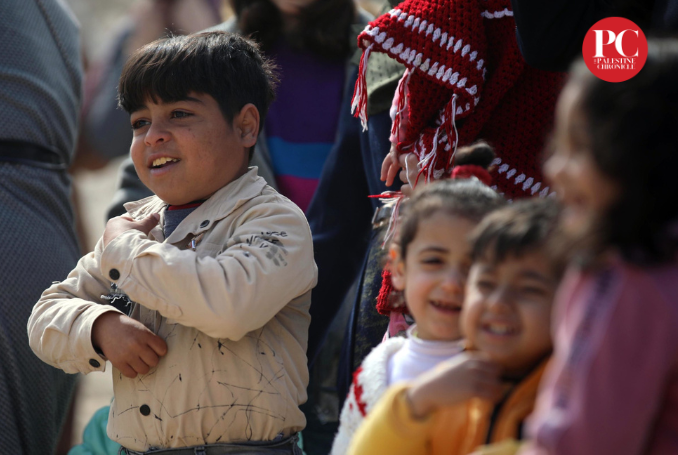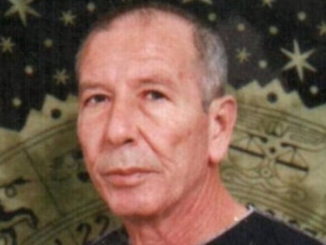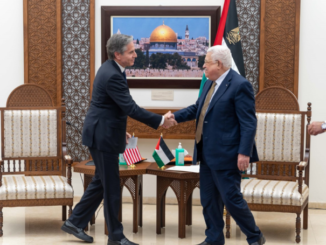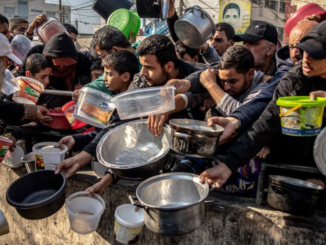
The Palestinian Ministry of Health in the Gaza Strip has warned that the lives of kidney patients in the besieged Gaza Strip are in danger due to the lack of the necessary medical supplies needed for dialysis sessions.
Dr. Alaa Helles, the Director of the Pharmacy Department at the Ministry of Health, appealed to all concerned authorities “to assume their responsibilities to save the lives of kidney failure patients due to the acute shortage of the necessary medical supplies needed for dialysis sessions, which poses a threat to the lives of 1,100 kidney failure patients, including 38 children.”
Israel’s hermetic siege on Gaza has entered its fifteenth year, severely impacting many aspects of the lives of Palestinians living in the Strip. The healthcare sector is one of the most affected.
“Gaza’s Kidney Patients Between Hope and Hardship”https://t.co/CsFn2HBJ4H pic.twitter.com/3a8NRuIRlX
— The Palestine Chronicle (@PalestineChron) March 8, 2022
Helles explained on Friday that “the central warehouses are completely empty of medical consumables needed for dialysis services, including blood filters, cannulas, and blood tubes.”
The current supply will only be sufficient to provide services for ten more days, he added.
Helles also explained that the Ministry of Health provides more than 13,000 dialysis sessions for patients with kidney failure in its hospitals every month, which requires providing more than 13,000 filters, 13,000 blood tubes, and 26,000 blood cannulas per month.
Palestinian volunteers entertain young kidney patients at the Abdel Aziz Al-Rantisi Hospital in Gaza.#childrenofgaza #chidren #kidneypatient #Gaza #palestine?? #volounteer #love pic.twitter.com/nMkpek5Yps
— The Palestine Chronicle (@PalestineChron) September 24, 2022
Helles called on the relevant authorities to “take urgent action to provide medical consumables for the needs of kidney failure patients, which means continuing service to them and preserving their lives.”
Israel has imposed a stifling siege on the Gaza Strip since 2007, limiting the supply of medicine, medical equipment, and other essentials. Patients are often forced to apply for treatment in the occupied West Bank, Jerusalem, or abroad in Egypt or further afield. However, access to such treatment is subject to Israeli approvals.
(PC, MEMO)







